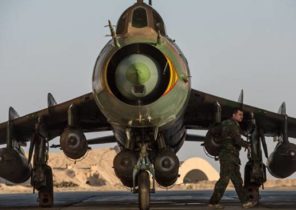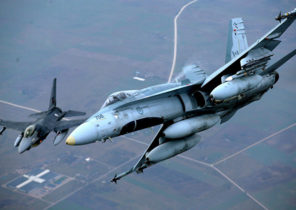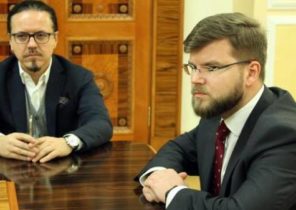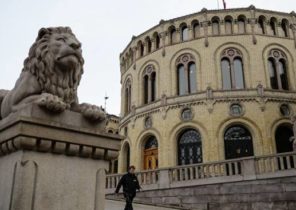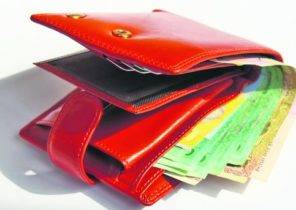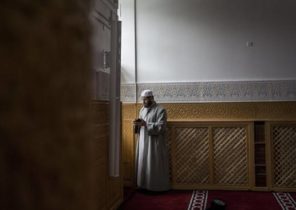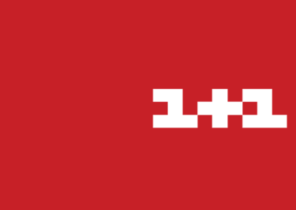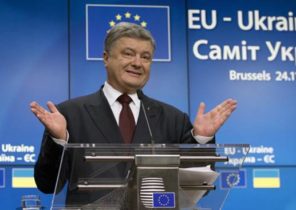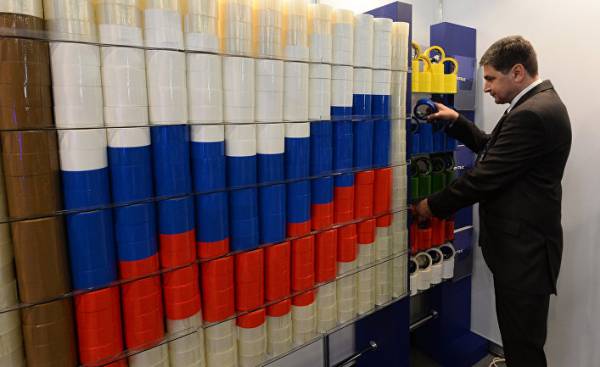
Moscow — after Spending nearly three years under the impact of Western sanctions, Russia re-inventing itself. Made in Russia has become fashionable. Increasingly, the Windows and shelves of the boutiques in the capital’s cafes and shops in the foreground are local brands and products. There was even a special niche for organic products luxury — many are produced on small specialized farms — which pompously misleading menu of the most famous restaurants in the city. The French “Jean-Jacques” has changed not only the ingredients of their dishes, but the menu itself. “White Rabbit”, which has repeatedly entered the list of 50 best restaurants in the world, luring to his guests Kuban white truffles, onions and sea urchins from Vladivostok. A Russian network (who would have thought?) BB burgers&Burgers is focusing on the fact that it uses one hundred percent of the Russian meat.
Apparently, the current trends are a response to new realities. Products of the cosmetic brand Natura Siberica received the award of the Cosmopolitan magazine, as proudly reported on the packaging, and took the shopping list of Russian women an important place, which once belonged to imported brands. The shelves of “Eliseevsky”, one of the oldest and most luxurious Department stores in Moscow, lost to the Danish and Swiss yogurt. But in their place came a new (and possibly some of the previously already existing) Russian brands. Cheese (something like a more creamy ricotta) appears in a new form with a whole range of tastes and takes pride of place in refrigerators. Find French Camembert or Finnish cheese has become much more difficult. Meanwhile, dairy products, which has always been a matter of national pride, is back on the shelves. In Russia even now making traditional Italian cheese burrata.
Close cooperation with China
In Moscow, the changes also affected the sphere of services. And it’s not about seasonal trends in connection with the beginning of the summer. Salespeople and waiters radiate kindness, trying in every way to please the customer, especially a foreigner. They understand what is considered now account for every penny and the service should be on the level. It is significant that there are more ads on Chinese-language to bring new hordes of tourists. Planes from Beijing and Shanghai to Russia, especially to cities such as Irkutsk and Vladivostok, which are about two hours, never empty. Even the simplified procedure of entry into the country.
Licensed transport company are yet another innovation in a country that until recently remained adherent to Soviet ideas of a taxi, when to carry passengers could be anyone. It was enough to pull the hand, and concerned drivers stopped to negotiate the rate — help for the family budget.
New scenario, not only due to sanctions imposed by the West on 31 July 2014, against officials associated with the government, as well as military and energy spheres. In August of the same year, Russia announced its response: to stop the import of agricultural products and raw materials from countries that have imposed against her own limitations.
Last week, the European Union again extended the sanctions for another six months. Also a few days earlier he entered the United States.
The resumption of economic growth in Russia after two years of recession is not only this. Putin imposed sanctions have reduced the volume of imports triggered a sharp jump in prices. However, the depreciation of the ruble against the dollar has made the industry more competitive. Import substitution helps the country.
Trade with China in 2016 increased by 2.2% compared to the previous year during the first five months of this year has reached 26.2 percent. At its annual press conference, Putin assured Russians that the sanctions Russia has lost from 50 to 52 billion dollars, meanwhile the loss of the West, he said, amounted to 100 billion. Finland, a small territory of the European neighbor Russia, witnessed a fall in their share of food sales to Russian consumers, up from 33% in 2013 to 8.5% in 2015. The EU as a whole lost its position in the Russian market. Inspired by decisive measures, the agricultural sector is asking the President not to lift the sanctions.
Putin said that sanctions have given Russia an incentive to throw off the dependence on oil and gas exports and “to include brains and talent” to develop other industries. He acknowledged that the embargo on a large part of Western imports contributed to the increase in Russian agricultural production. Last year the country became the largest exporter of wheat, with an index of more than 34 million tonnes, a record of the total of domestic production, which amounts to 119 million tons. We are talking about the best in the last 15 years the result.
